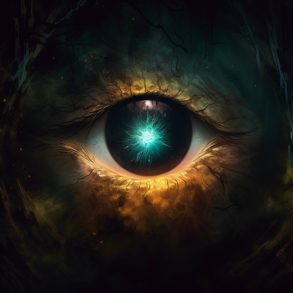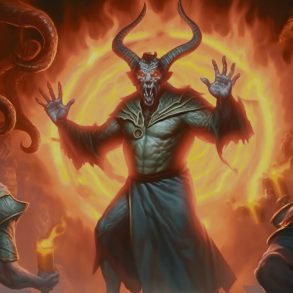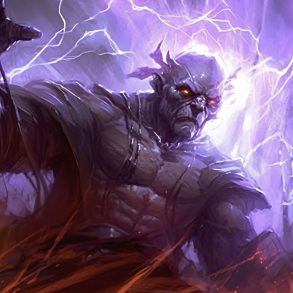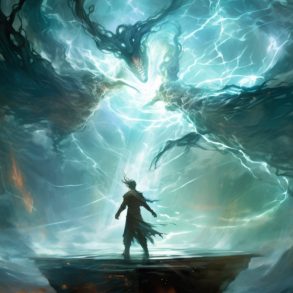Spells in Dungeons and Dragons are separated into eight types, called the 5E Schools of Magic. You might be most familiar with these schools as they form the framework for the Wizard subclasses included in the Player’s Handbook (PHB). In this article, we’ll explain what these schools mean and how they may affect you.
How many Schools of Magic are there in 5E?
There are eight types of Schools of Magic:
This classification is primarily used by in-game magic academies and Wizards for theoretical purposes, with every spell assigned to one of these schools. There are no rules inherent to the schools of magic, however, some subclasses do use the label for certain features.
School of Abjuration
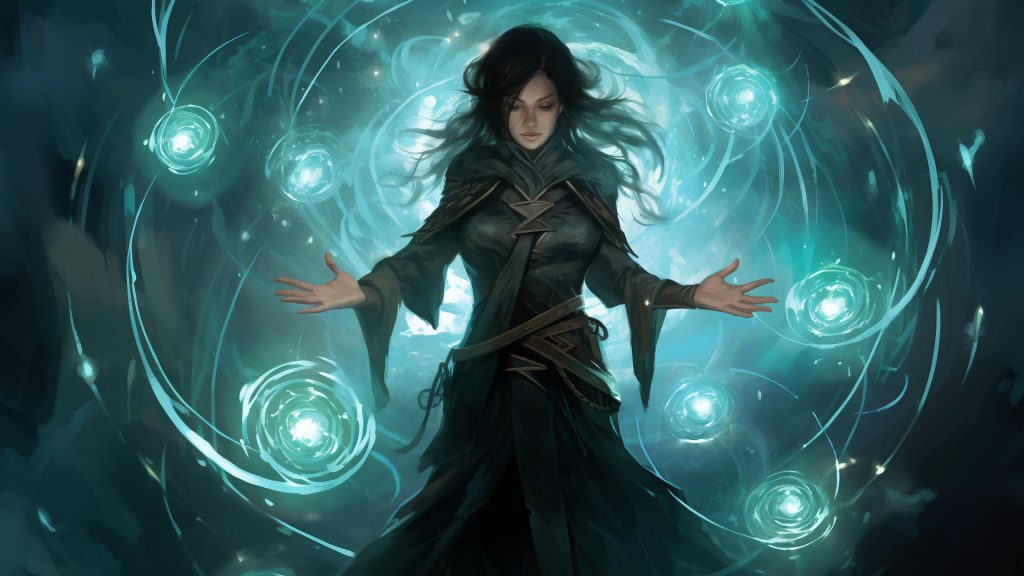
Spells that typically protect or ward creatures or areas, this can include creating magical barriers, harming trespassers, and banishing creatures to other planes of existence. Notable spells in this school include Shield, Alarm, Aid, Counterspell, and Lesser/Greater Restoration.
School of Conjuration
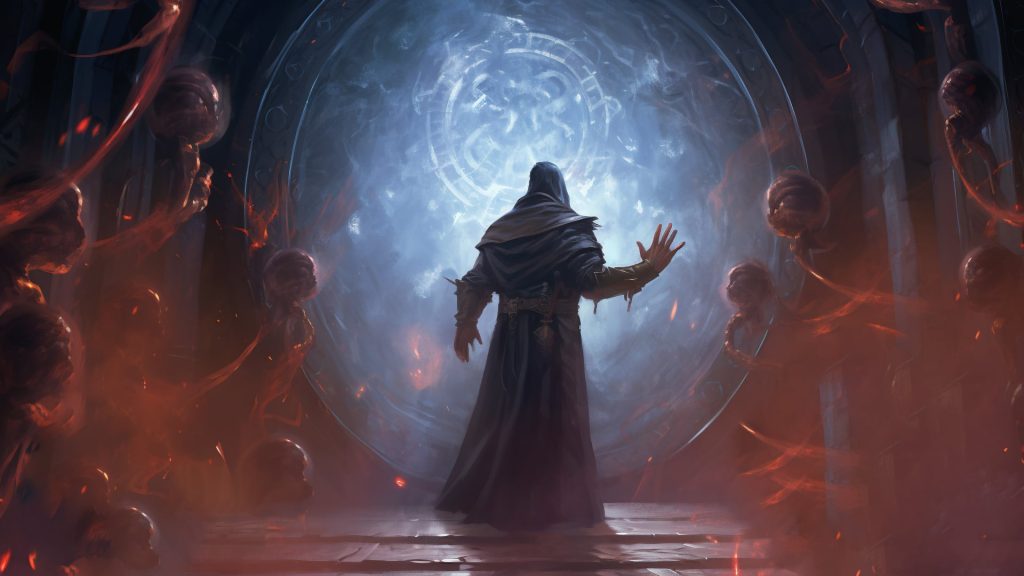
These spells deal with the transporting of objects and creatures from one location to another, or even creating objects or effects from nothing. Notable spells in this school include Mage Hand, Find Familiar, Find Steed, Misty Step, Call Lightning, Spirit Guardians, and Conjure Animals.
School of Divination
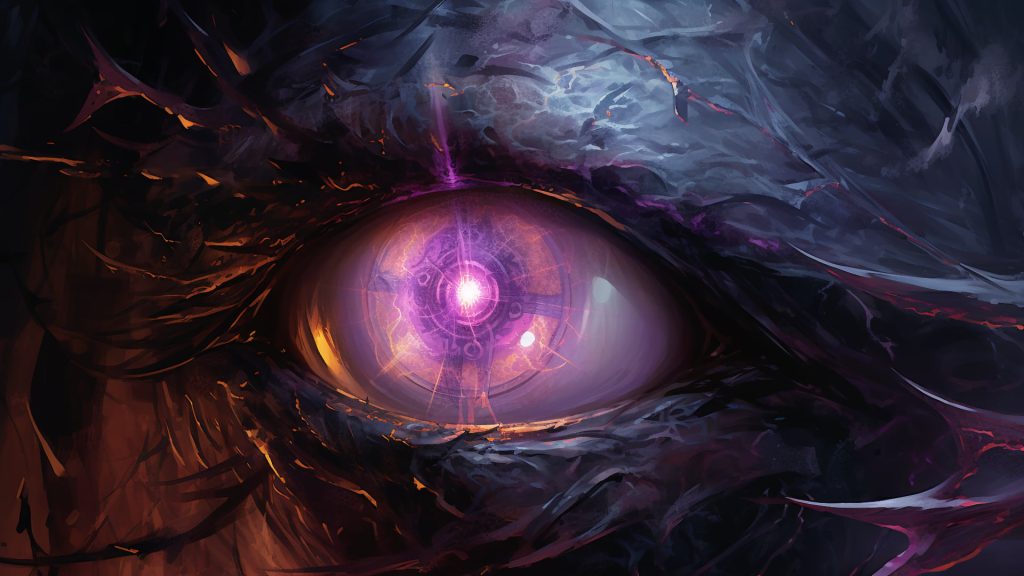
Gathering and revealing information is the purview of this school, be it forgotten secrets, the location of objects, glimpses of the future, or the reality behind an illusion. Notable spells in this school include Guidance, Detect Magic, Hunter’s Mark, Augury, and Scrying.
School of Enchantment

Whilst you may think about enchanting an item to make it magic, this school actually contains spells that affect the minds of others to influence or control their behavior. These spells can warp the target’s perception of friend or foe, force them to take a certain course of action, or outright control them like a puppet. Notable spells from this school include Bless, Charm Person, Hex, and Hold Person.
School of Evocation

This school deals with the manipulation of energy to achieve the desired effect, this is commonly thought of as damaging effects but also includes healing and other kinds of effects. Notable spells in this school include Cure Wounds, Darkness, Fireball, and Sending.
School of Illusion
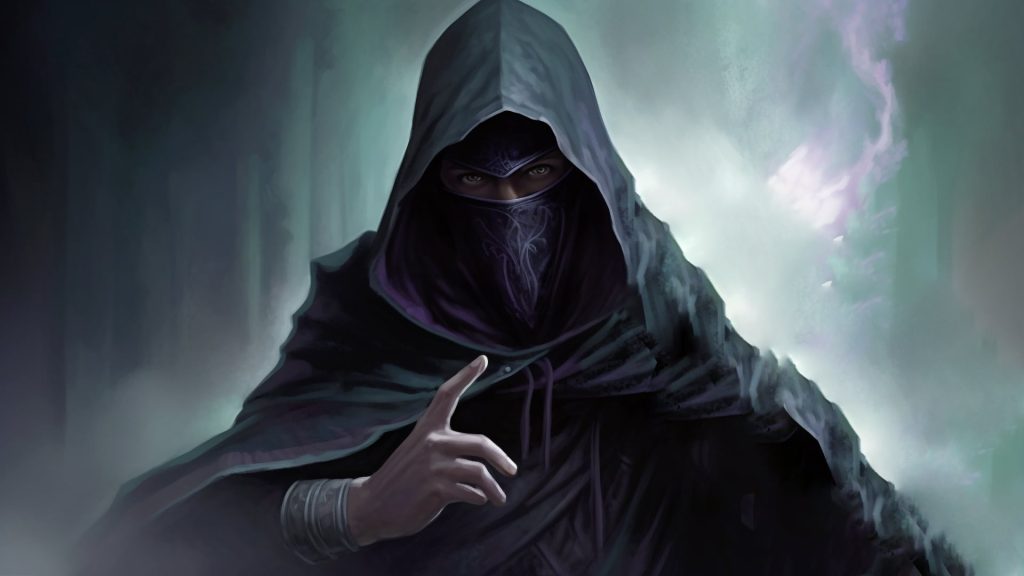
Deceiving the mind and senses is what this school does, whether that be distorting reality for all to see, or planting images directly into the mind of an individual. Notable spells in this school include Minor Illusion, Disguise Self, Invisibility, Shadow Blade, and Hypnotic Pattern.
School of Necromancy
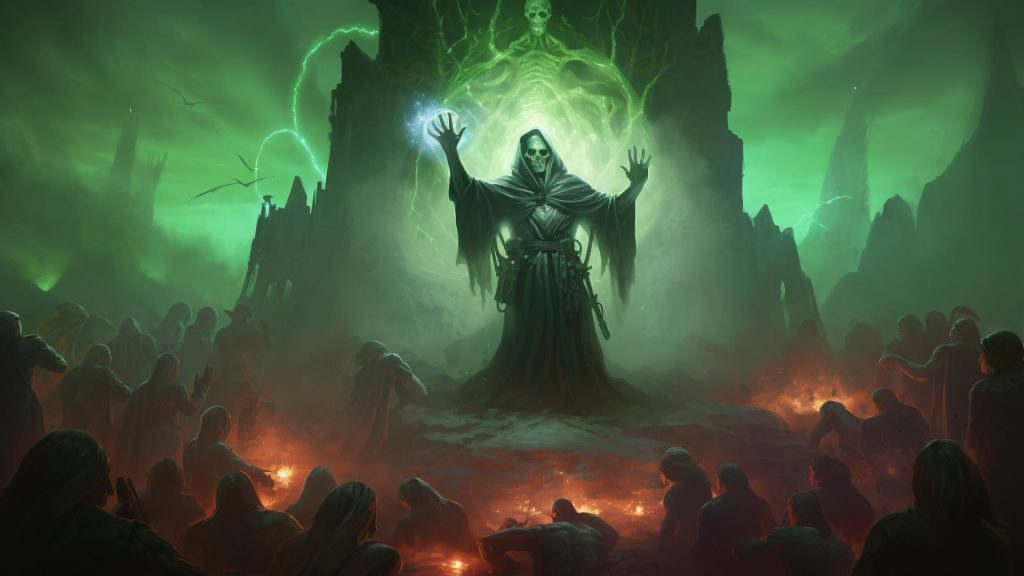
The energies of life itself are manipulated by this school, whether that be investing a creature with an extra reserve of life force, draining the life from an enemy, raising the bodies of the dead as minions, and even bringing back allies from death. Notable spells in this school include False Life, Vampiric Touch, Animate Dead, and Revivify.
School of Transmutation
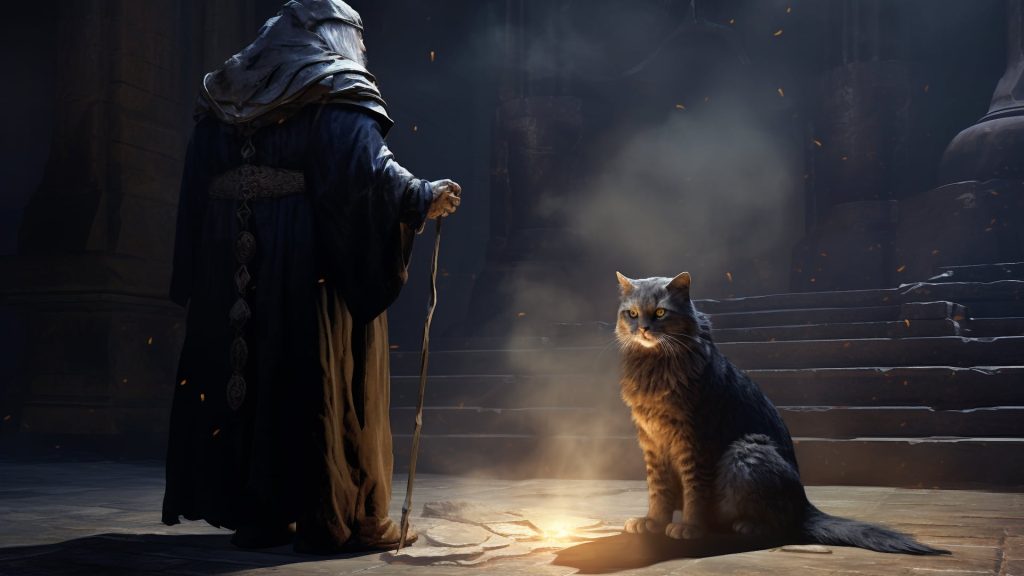
These spells change the properties of a creature, object, or environment. This could be turning an enemy into a harmless creature, bolstering the strength of a party member, or moving an object at the user’s command. Notable spells from this school include Featherfall, Goodberry, Alter Self, Dragon Breath, and Slow.
When do the Schools of Magic matter?
When you’re casting a spell the school it belongs do likely won’t matter, however, the schools do matter for certain subclasses:
- All PHB Wizard subclasses – Every subclass for this Wizard in the PHB is focused on a single school of magic, with varying benefits tied to that school. This is always the ability to scribe spells of that school cheaper and faster, but can also include additional damage for Evocation spells, and even recovering spell slots for Divination spells.
- Eldritch Knight Fighters and Arcane Trickster Rogues – Both of these subclasses are mostly restricted in their spell choices by certain schools, with a limited number of spells that they can choose from any school.
- Aberrant Mind and Clockwork Soul Sorcerers – These Sorcerer subclasses both get an expanded spell list, you’re able to change these spells when you gain a Sorcerer level with another spell from the Sorcerer, Warlock, or Wizard spell list as long as it is from a school specified by the subclass.
We hope that this article has schooled you appropriately and you haven’t found yourself in detention. If you’re interested in this topic because you’re building a spellcaster, then check out our spell spotlight section, or if you’re just learning about Dungeons and Dragons 5E in general then check out our how to play section. Until next time remember, do your homework!

